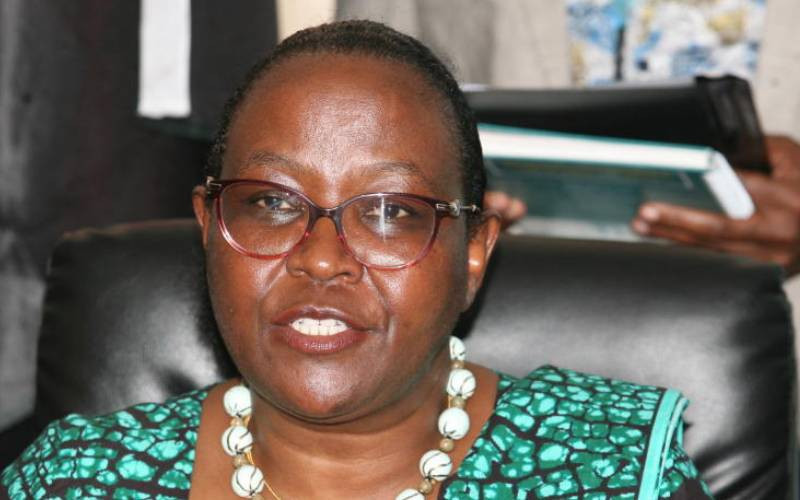×
The Standard e-Paper
Join Thousands Daily

The United Nations recommended ratio of police officers to civilians is 1:450. In Kenya, the ratio is 1:1150.
In other words, the work done by three London bobbies or the same number of New York Police Department officers is done by a single Kenya police officer. Needless to say, a Kenyan officer, working in extremis, is not as adequately equipped as his counterpart in the US or in Europe. Nor is he compensated commensurately.